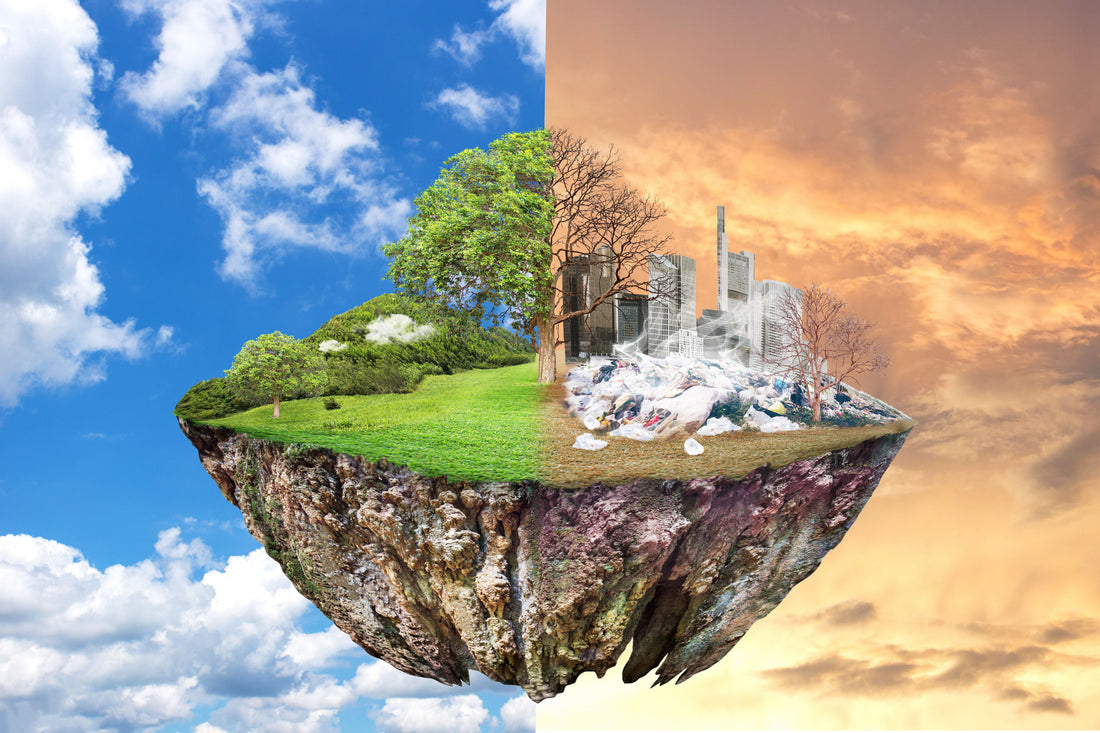
Saving the World!
Dr. Linda HancockWe didn’t let the water run until it was cold enough for drinking because it came from a cistern. This was a type of vault which had to be filled and the temperature of the water was always the same. We were told to make up our minds about what we wanted from the fridge before opening the door and to turn out lights as we left the room to save electricity.
We were encouraged to take care of our clothing and to change from school outfits as soon as we arrived home after classes. Wasting paper was not allowed. We were also expected to clean our plates and not waste food. I laugh now when I think about the rule of putting the soap on the side of the tub rather than letting it sit in the water where it would disintegrate.
My grandparents would tie string together and roll it into a ball for future use. They also saved brown paper bags and waxed butcher paper. The empty wooden spools from sewing thread formed the legs of end tables and empty juice cans which were covered with material became footstools.
Littering was unacceptable and we not only threw our garbage in the proper containers, but also picked up what others carelessly dropped.
We always tried to think about who might use things before we dropped them in the trash. Someone else might like that book or purse. The church or community organization could also benefit by selling them at their rummage sale.
People were house proud and took care of their property not only for the appearance but also to save energy. We observed town water rations which outlined the times that sprinklers could be used. Weather stripping and plastic over the windows were predecessors of the modern sealed units we later enjoyed.
At night, dad turned the furnace down a few degrees, and we reached for an extra blanket to compensate.
If an activity was within walking distance – we walked – rather than taking the car.
Farming practices, including use of crop rotation and tree shelterbelts, helped to protect the land and retain the soil nutrients.
Today it is interesting to listen to the global dialogue aimed at saving the environment. In March several world cities turned out their lights for one hour and encouraged citizens to replace light bulbs with the new energy-efficient models
Researchers are focussing on ways to reduce exhaust from vehicles and air pollution. Environmentalists have been raising money and awareness to protect our streams and rivers while groups replant the dying coral on ocean floors. Others fight to ensure that natural habitats are not disturbed and advocate for legislation that will take care of animals and birds which are in danger of extinction.
The more things change – the more they stay the same.
Right now, the world boasts of over 6 billion people. I wonder what would happen if each one just practiced the things that we were taught in childhood. Turn off the lights, pick up trash, save the water, show respect for the environment. What a difference it would make if we each did our part.
Now don’t forget to recycle your newspaper once you’ve read this article.
